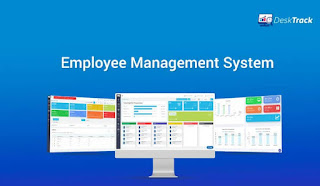Why Employee Rewards and Recognition Programs Are Essential for Business Success
Employee rewards and recognition programs are initiatives that organizations use to recognize and reward the contributions and achievements of their employees. These programs can come in various forms, such as cash bonuses, time off, gift cards, or public recognition at company meetings. These programs’ purpose is to acknowledge employees’ hard work and dedication and show appreciation for their efforts. The importance of these programs for business success cannot be overstated. By recognizing and rewarding employees for their contributions, businesses can boost morale, increase motivation, and improve retention rates. This, in turn, leads to increased productivity and performance, which are essential for business success. Increased Employee Motivation and Engagement Recognizing employees has a significant impact on employee motivation and engagement. Employees will likely be motivated to work hard and put in their best effort when they feel appreciated and valued. Additionally, the

